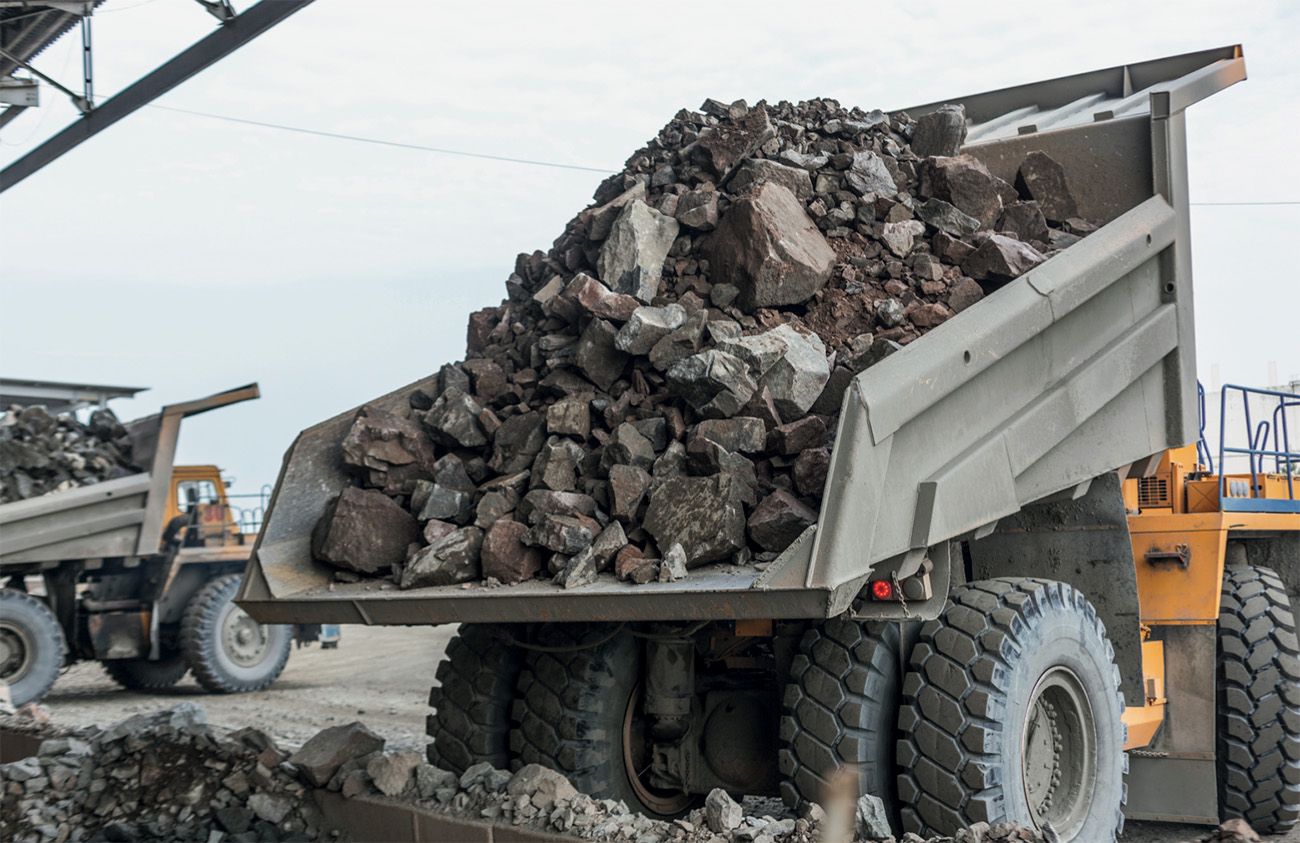A Case Study: Cook Brothers Apprentice Academy
This case study examines the Cook Brothers’ Construction Apprenticeship Academy.
Through a series of interviews with current apprentices and Cook Brothers’ staff, including carpenters, site managers, and senior executives, we take a deep dive into their apprenticeship programme: what makes it unique, what makes it successful, how it supports apprentices and the overall value it adds to Cook Brothers as a business.
The case study also highlights the programme’s key benefits and challenges and provides recommendations for the Construction industry and vocational education system to design and improve apprenticeship models across Aotearoa.
The issue
The construction industry often struggles to attract and retain apprentice. Furthermore, it is common to hear that people in the sector don’t necessarily know what others are doing. This case study shares a real-world example of an effective academy model in New Zealand with learnings for others in the sector.
Intended outcomes
- Showcase an exemplar of excellent practice in training and retaining apprentices
- Demonstrate the importance and value of funding and resourcing pastoral care in apprenticeships
- Define and demonstrate what effective pastoral care looks like in an apprenticeship programme
- Share a successful apprenticeship model that could be adopted and adapted by others in the construction industry.
The steps
Step one:
- In depth interviews with apprentices, carpenters, site managers and senior leaders at Cook Brothers
- Analysis of interviews
Step two:
- Draft report
Step three:
- Final report
Project status and expected delivery date: July 2024
Lead organisation: ConCOVE
Collaborators: Cook Brothers
The Cook Brothers is a national commercial construction company, started in 2005 in Dunedin.
Project Status: Complete
Contract Research Organisation: ConCOVE

Related projects
Funding of workplace training and work-integrated learning for the construction and infrastructure industries
Funding of workplace training and work-integrated learning for the construction and infrastructure industries
Evaluation of government policy settings for apprentices
Understand the extent to which government apprenticeship policy settings are working

Supporting technical experts to become work-based trainers
Developing and trialing tools and resources that support work-based trainers to improve their practice

VET in schools: towards a model for Year 12 & 13 in New Zealand schools
VET in schools: towards a model for Year 12 & 13 in New Zealand
Degree-level apprenticeship (DLA) comparative pilot
Degree-level apprenticeship pilots
The place of micro-credentials in New Zealand
The place of micro-credentials in New Zealand
Investigating training advisors in work-based learning in the construction and infrastructure sectors
Analysing systemic forces for workforce development alongside

Civil Construction: A requirement for a robust and reliable training pipeline
Providing recommendations to combat the skilled labour shortage

Workforce journey indicators data dashboard
A data project to understand how people navigate in and out of the construction workforce
Offsite manufacturing workforce forecast
Forecasting the size of the offsite manufacturing workforce required across the next 5-10 years
Where is the front door? An investigation into the workforce entry points within the Construction and Infrastructure sector
Mapping the multiple entry points into the construction and infrastructure sectors

Environmental competency training
Ascertaining the specific skills required to meet the government’s environmental goals
Framework for Māori in high-skill roles
Understanding skills shortages experienced by Māori firms to support Māori into high-skill roles

From skilled industry practitioner to Kaiako
Analysing the current kaiako training to identify effective practices in classroom-based tertiary education

Temporary traffic management credentials framework
Informing the development of an improved TTM Credentials Framework

The New Zealand Quarrying Industry’s Possible Futures Toward 2030
Predicting the trends that will impact the quarrying industry to guide quarrying practice
Women’s experiences working in Construction and Infrastructure
Women’s experiences working in Construction and Infrastructure
Skill standards
Good Practice in the Development and Implementation of Skill Standards-Based Qualifications
Neurodiversity
Neurodiversity
Pathways to Successful SMEs
Pathways to Successful SMEs

AI Generated Assessment
Using artificial intelligence to create high-quality, engaging, and personalised assessments
A Case Study: Augmented reality in welding training
A Case Study: Augmented reality in welding training
Future workforce skills for Māori and Pasifika owned businesses in construction
Industry Analysis
ConstrucTrend: Vocational Workforce Survey
ConstrucTrend: Vocational Workforce Survey